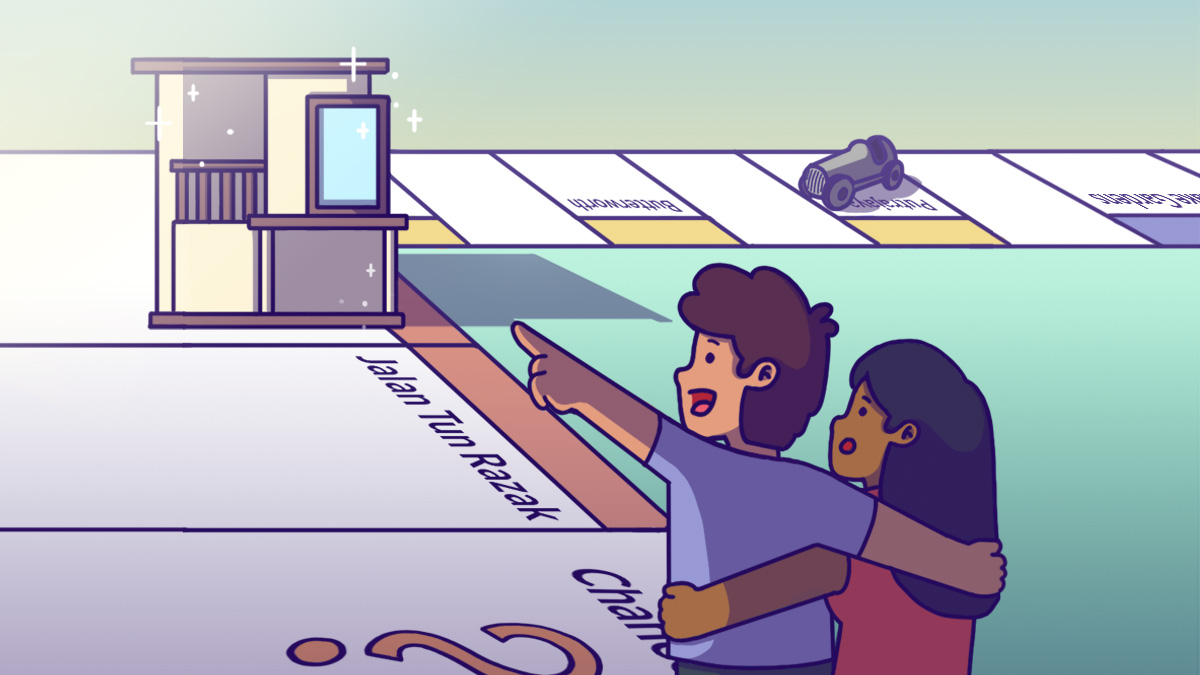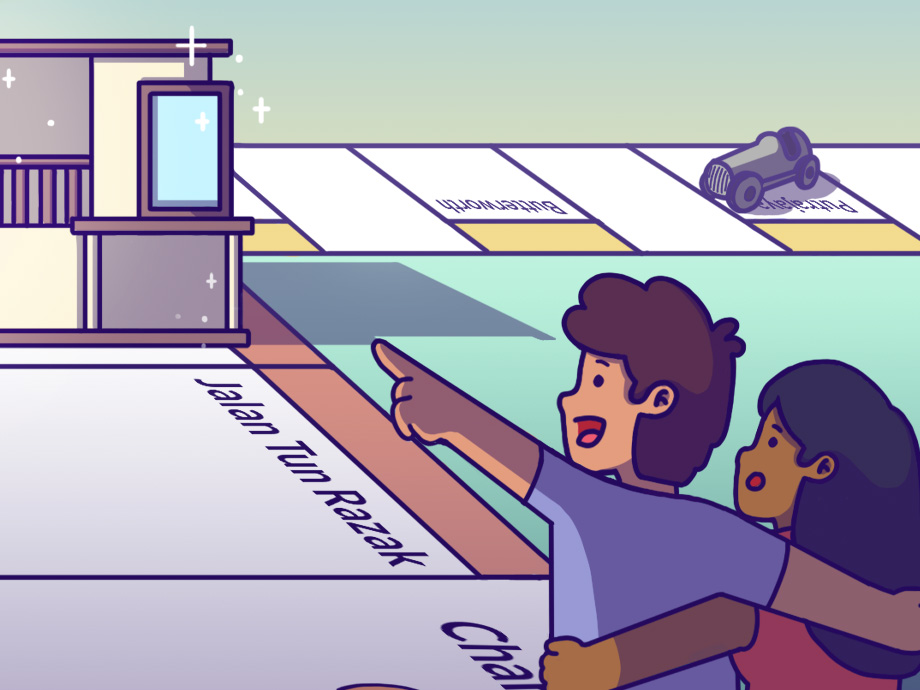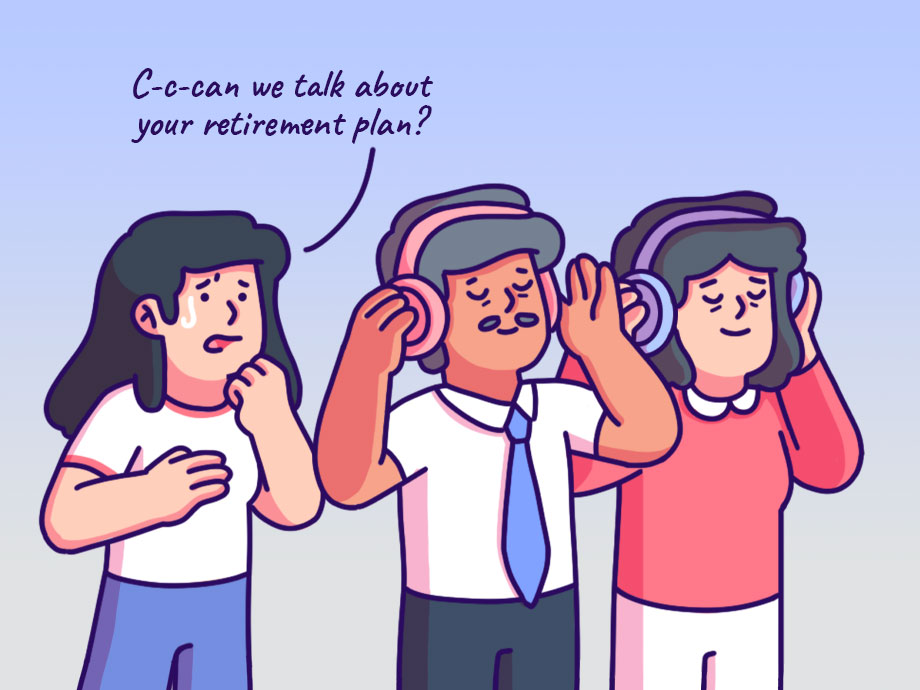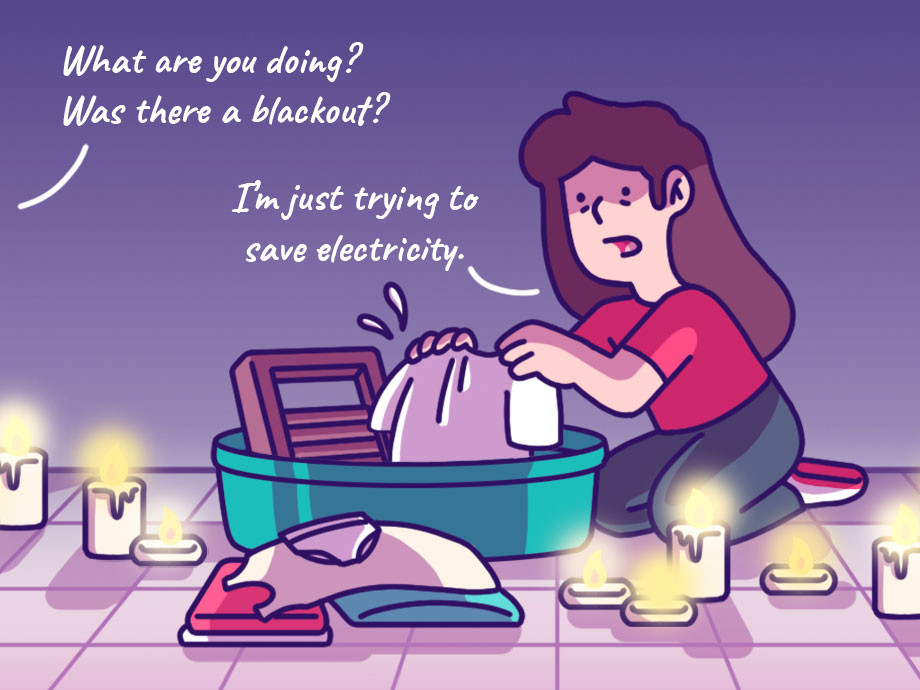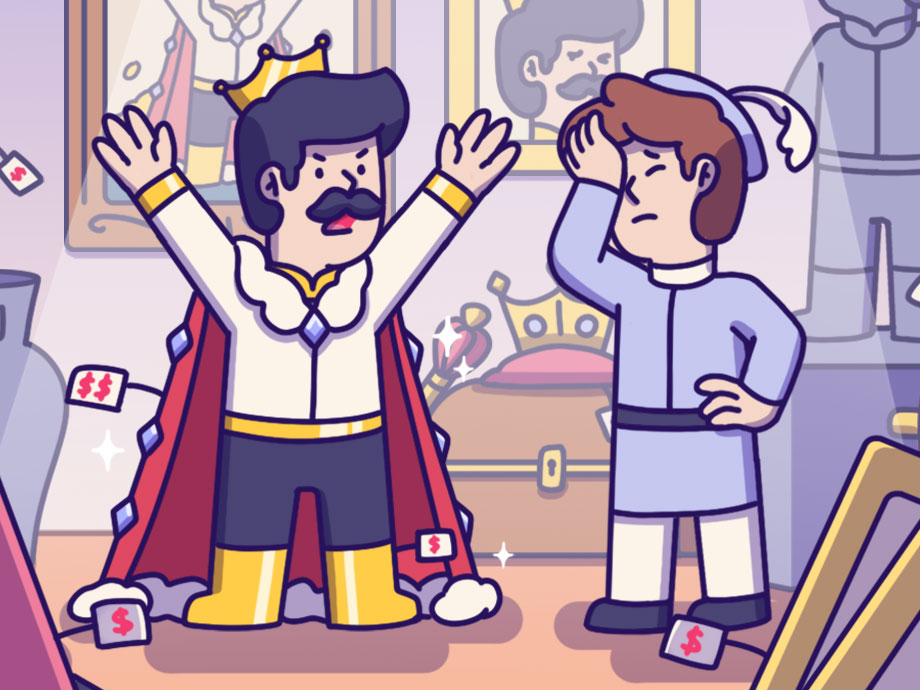Financial Planning | Personal Finance | Article
Can I Buy My First House Now?
by Marcus Lee | 25 Feb 2021 | 6 mins read
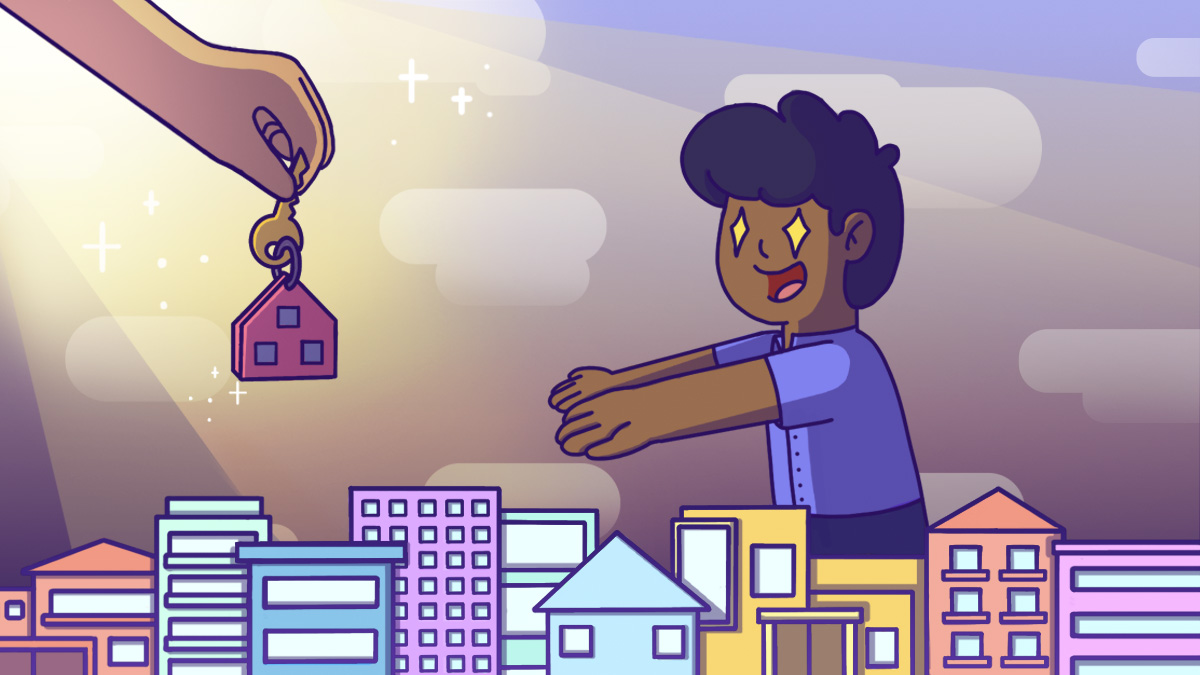
Many of us dream of our perfect home that has just enough space, is strategically located, and steeply appreciates in value as soon as we move in. That said, how do you know you’re ready to buy your first house now?
The 28/36 rule
The first thing to get right on your journey to homeownership is your finances. Specifically, you need to find out whether you can afford your monthly home loan repayments given your monthly income.
You can use the 28/36 rule as a general rule of thumb to calculate how much of your monthly income can go to your home loan repayments.
The rule calculates your debt-to-income ratio and home loan providers typically use this rule to calculate your creditworthiness before granting you a home loan.
The rule states that a maximum of 28% of your gross monthly income can go to home loan repayments (including property taxes and insurance) and your total monthly debt obligations shouldn’t exceed 36% of your gross monthly income.
Here’s the math:
Let’s assume you and your partner plan to buy a home and your combined gross monthly income is RM9,000.
RM9,000 x 28% = RM2,520 (home loan + insurance + tax)
In this case, you and your partner can afford to pay up to RM2,520 for your monthly home loan repayment. Now let’s calculate how much debt you can afford each month at 36%.
RM9,000 x 36% = RM3,240 (total expenses per month including debt obligations*)
* Expenses include food, groceries, or entertainment, while debt obligations may include car loans or student loans
Assuming you plan to buy a home with a monthly loan repayment of RM2,520, you can only afford to spend RM720 on debt obligations or other expenses (RM3,240 – RM2,520 = RM720). Of course, this assumes that you push your monthly home loan repayment amount to its limit.
On the other hand, if your monthly debt obligations and expenses amounts to RM1,500 you can calculate the maximum loan repayment amount you can afford:
RM3,240 – RM1,500 = RM1,740 (maximum loan per month)
(36% of gross income – other debt obligations and expenses)
The 28/36 rule helps you to define your financial boundaries and takes the guesswork out when you’re considering how much you can spend on a house.
You may be qualified for a higher loan amount than you can afford because of your credit history, but if you don’t take your current monthly expenses and other debt obligations into consideration, you may end up using up most, if not all, your income to service your home loan each month.
Do you have your finances in order before buying a home?
A 35-year loan is a huge commitment. After calculating your debt-to-income ratio, are you confident that you can repay your loan over that period?
To answer the question “Can I buy my first house now?” you’ll also need to ensure that you’re financially sound in other areas. For example, do you have an emergency fund in case you can’t service your loan that month?
On top of that, are you insured against any harm that could potentially force you to stop working, and being unable to meet your monthly home loan obligations?
Finally, you will also need to ensure that you can continue saving and investing even after buying your home.
Related
How much you need to pay upfront to buy your first home
Typically, this is what you’re expected to pay upfront to buy a house that’s worth RM500,000 in Malaysia based on industry averages.
| Item | Typical Rate | Amount |
| Downpayment | 10% | RM50,000 |
| Stamp duty on Memorandum of Transfer | 1 – 4% of purchase price | RM9,000 |
| Stamp duty on Sales and Purchase Agreement | 0.5% – 1% of purchase price | RM5,000 |
| Stamp duty on Loan Agreement | 0.5% – 1% of purchase price | RM5,000 |
| Legal fees | 1% of purchase price | RM5,000 |
| Monthly loan repayment | 3.5% over 35 years | RM1,859.81 |
You’ll also need to consider other miscellaneous payments such as your home loan insurance and processing fees. And we haven’t even looked at renovation costs that you may come up as well.
That said, the government and housing developers have come up with many schemes to help first-time home owners reduce or completely eliminate some of these upfront costs.
These include:
| Scheme | Features |
| BSN Youth Housing Scheme | 100% loan (eliminates the 10% downpayment) |
| Home Ownership Campaign | Stamp duty exemption, 10% discount on purchase price |
| My First Home Scheme | 110% loan |
Many developers also absorb the stamp duty and legal fees and you only need to put your down payment upfront.
Should you buy a home in 2021?
Since the pandemic last year, Bank Negara has lowered lending rates to help cushion the negative impact on our economy. This means that if you apply for a loan now, your monthly loan repayment will be significantly lower as opposed to loans granted three years ago.
The current climate certainly encourages buying a home, but whether you should buy a home now largely depends on whether you’re financially (and emotionally) ready to own a home.
Other things you should consider before buying a home
Buying a home isn’t just a huge financial decision, it’s an emotional one too. Many people also tie home purchasing to a sense of stability and happiness.
There’s a lot to consider when buying a home: How long do you plan to live there, how many rooms you need, whether you’ll have pets or children, whether you want to live close to your extended family, and so on.
While society may tell you that you need to have a house by a certain age, that doesn’t mean you have to own a home if you don’t want to (or can’t afford to). You do you.
To buy or not to buy, that is the question
As we’re all about personal finance here, we encourage all our readers to get your finances in order first.
Manage your expenses, keep an emergency fund, get insured, and start investing. If you have these fundamentals in place, you’ll be in a much better position to take on this next chapter of your life.
Also, there are many more things we can say about home ownership, for example, is it better to rent or to buy? Are homes always a good investment? Is it possible to make a living flipping houses?
If these questions keep you up at night, let us know! We’d love to help you get a better night’s sleep.



